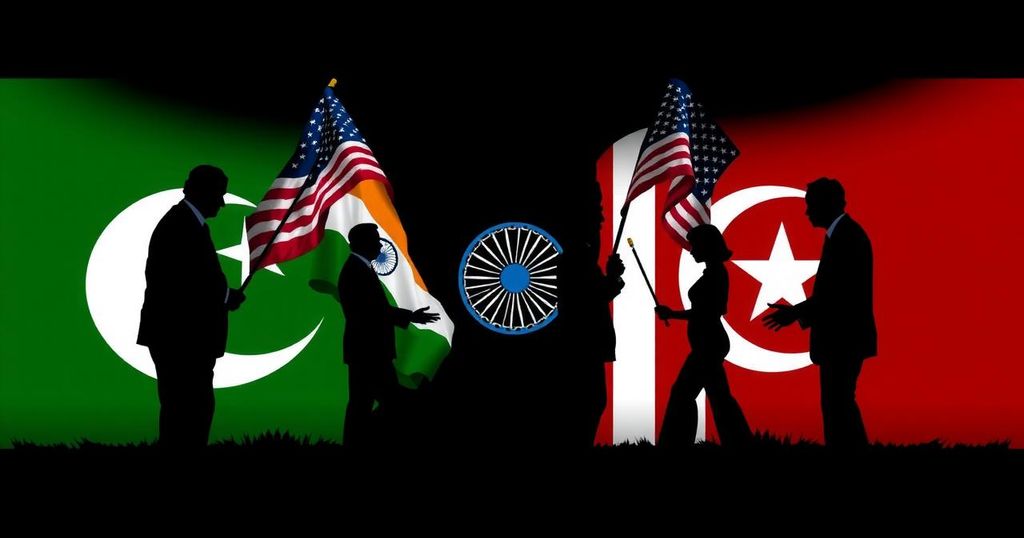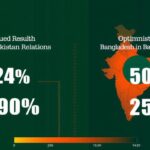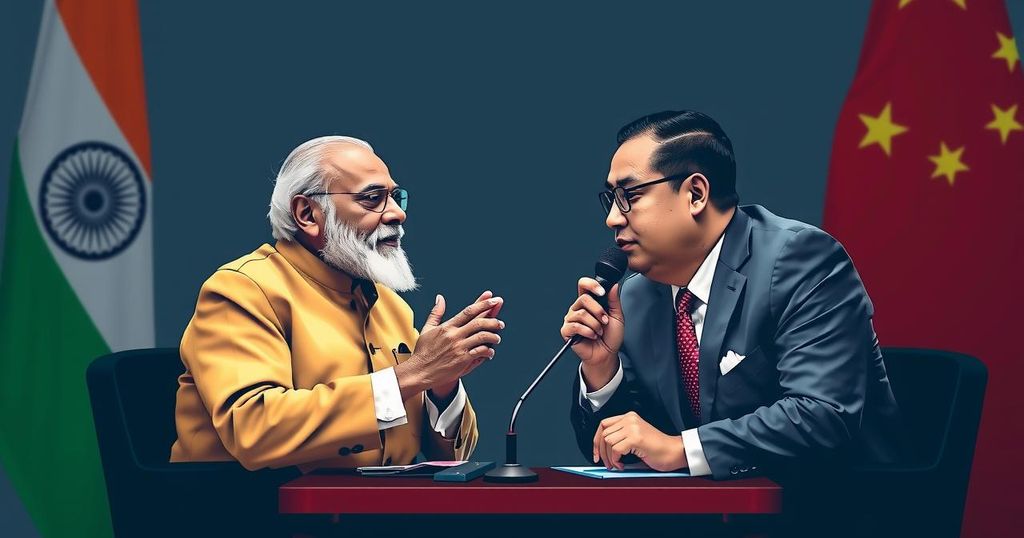U.S. Lifts Sanctions on India and Pakistan Amid Security Concerns
Summary
On September 24, 2001, President Bush lifted sanctions imposed on India and Pakistan, citing national security interests. The move is largely viewed as a reward for Pakistan’s support in the upcoming military operations against terrorism. Secretary of State Colin Powell noted that while post-nuclear sanctions were lifted, certain other restrictions remain in place, particularly for Pakistan. This policy shift reflects a broader U.S. strategy to address new security challenges following the September 11 attacks.
On September 24, 2001, President George W. Bush announced the lifting of economic and military sanctions against both India and Pakistan, originally imposed in 1998 following their nuclear tests. This significant policy shift was made amidst ongoing preparations for military operations in Afghanistan. The United States government viewed this action as a strategic reward for Pakistan’s logistical support in combating terrorism, specifically in the operations aimed at apprehending Osama bin Laden. Secretary of State Colin Powell clarified that while the sanctions directly tied to nuclear activities were removed, other sanctions related to military sales and technology transfer would remain in effect, particularly those imposed after General Pervez Musharraf’s coup in 1999. This adjustment in U.S. policy is expected to enhance economic and military cooperation with Pakistan and facilitate India’s access to international financial assistance, following years of limited engagement due to the sanctions. The decision reflects a broader reconsideration of U.S. foreign policy priorities in the region, particularly in light of security concerns post-September 11, 2001.
In the late 1990s, as part of its non-proliferation efforts, the United States imposed multiple sanctions on India and Pakistan following their nuclear tests. The sanctions had significant implications for both nations, especially in terms of military and economic cooperation, international financial access, and technological transfers. Following the events of September 11, 2001, U.S. foreign policy underwent a transformation, resulting in a reevaluation of these sanctions in favor of fostering alliances critical to national security interests. The decision to lift sanctions against India and Pakistan was influenced by their respective roles in the geopolitical landscape, particularly concerning regional stability and counter-terrorism efforts.
The lifting of sanctions against India and Pakistan by the United States marks a significant shift in the U.S. approach to South Asian geopolitics, motivated largely by newfound security imperatives following the September 11 attacks. While India stands to benefit from reduced trade restrictions and potential financial support, Pakistan is expected to gain more substantially through economic cooperation and debt relief. Nevertheless, the decision underscores the complexities involved in balancing international diplomacy with security concerns in volatile regions.
Original Source: www.hindustantimes.com








Post Comment